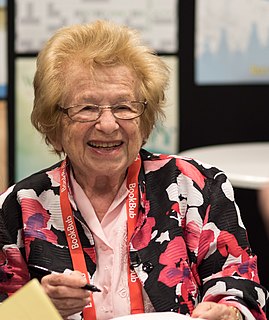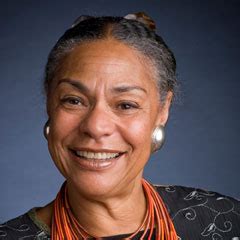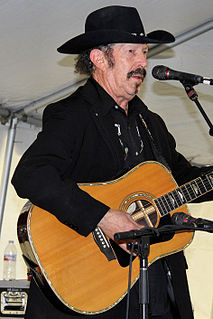A Quote by Ruth Westheimer
The early socialization of a child is crucial.
Quote Topics
Related Quotes
Evidence that [feminine aesthetic preferences and ways of expressing oneself] may be hardwired comes from the fact that they typically appear early in childhood and often in contradiction to one's socialization. […] This indicates that some aspects of feminine verbal and aesthetic expression precede and/or supersede gender socialization.
There are certain functions that the family performs. In the first place the family provides society with an orderly means of reproduction, while at the same time the norms of marriage control the potentially disruptive forces of sexuality. Second, the family provides physical and economic support for the child during the early years of dependence. The child receives its primary socialization in the family, learning the essential ideas and values required for adult life.
Quintilian [educational writer in Rome around A.D. 100] thought that the earliest years of the child's life were crucial. Education should start earlier than age seven, within the family. It should not be so hard as to give the child an aversion to learning. Rather, these early lessons would take the form of play--that embryonic notion of kindergarten.
The serious problem is the education of the peasantry. The peasant economy is scattered, and the socialization of agriculture, judging by the Soviet Union's experience, will require a long time and painstaking work. Without socialization of agriculture, there can be no complete, consolidated socialism.
I think there are so many ways to become interested in music. I believe signs of sustained interest gives a sense of the right time. Music, if thought of as a language, would perhaps indicate that as early as possible is not so bad. I do believe that a really nurturing first teacher that makes the child love something is crucial.
As parents, we can do a great deal to further this goal by helping our children develop alternative ways of knowing the world verbally/analytically and visually/spatially. During the crucial early years, parents can help to shape a child's life in such a way that words do not completely mask other kinds of reality. My most urgent suggestions to parents are concerned with the use of words, or rather, not using words.



































